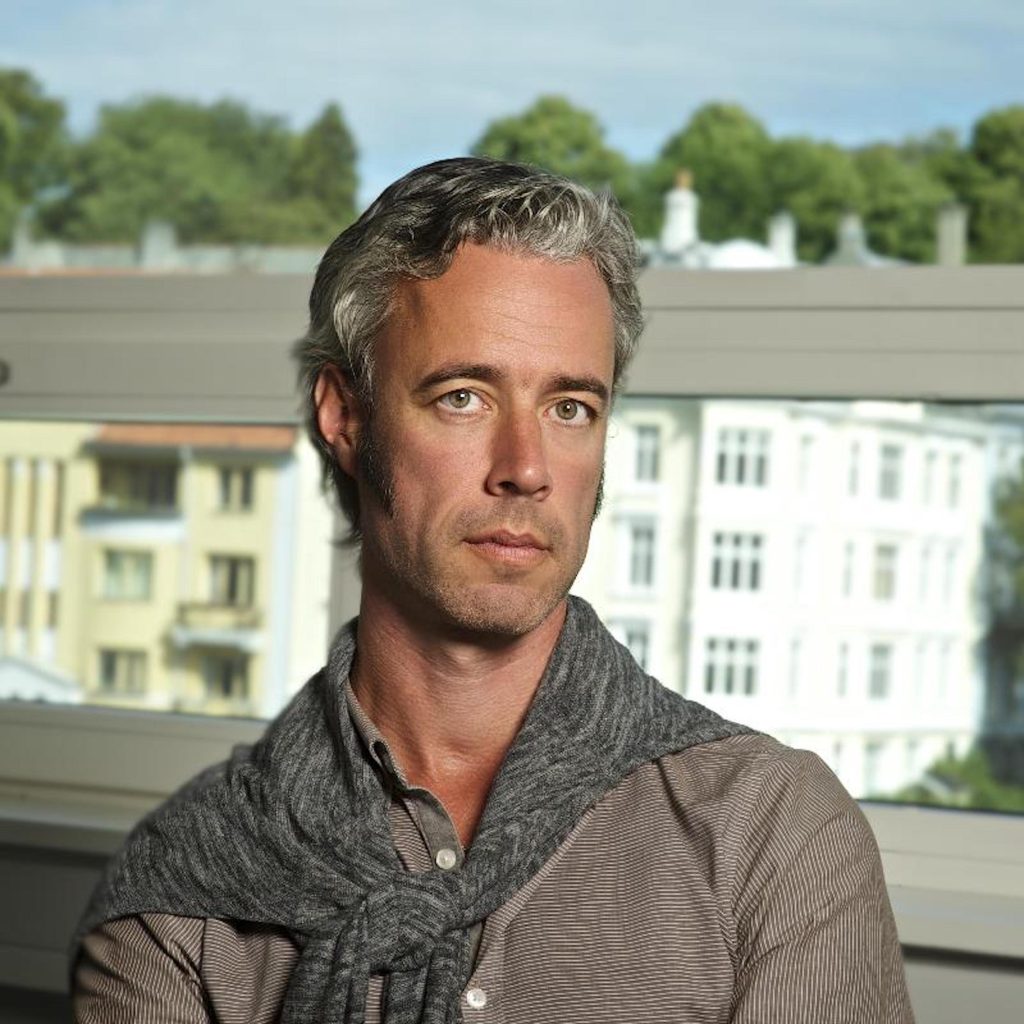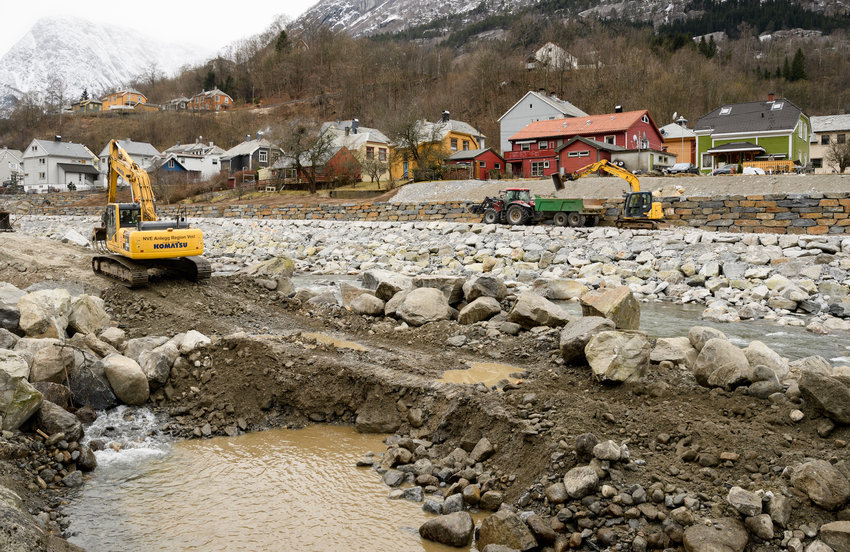“5 questions” is a series that gives you as a reader some insight into the people in and around Climate Futures. This time, we meet Tarje Iversen Wanvik, who is the leader of the agricultural part of the Sustainable Food Production node.

Can you tell us a bit about your background?
I have been leading the agricultural part of the Sustainable Food Production node through Climate Futures’ first year. It has truly been a pleasure to get to know all of our agricultural partners, as well as the county governors and the county councils. Luckily, we have focused the node’s activity outward, since we have our own dedicated PhD student – Manuel Hempel – with us. His task is to find out how we can continue to develop the seasonal forecasts together so that they benefit our user partners as much as possible.
I myself have a PhD in social geography from UiB, focused on the management of natural resources and societal responsibility. I have broad experience from outside academia, where I have worked as a business manager, political adviser, communications adviser, and activist.
What is your role at NORCE?
At NORCE I am the group leader for a small group of scientists and employees who work with seasonal forecasting and climate risk. I also coordinate NORCE’s work on climate risk.
In what way are you/your organisation involved in Climate Futures?
In many ways, NORCE is the home base of Climate Futures. Here we have the centres own facilities, where we are more than happy to welcome partners and others who are curious about what we do.
What do you like best about your job?
The best thing about working at NORCE, and with Climate Futures, in particular, is working with dedicated, talented, and engaged people from all corners of the world.
What do you think about the possibilities that can come out of Climate Futures?
I hope, and believe, that Climate Futures will set a new standard for how sectors handle climate risk associated with weather events in the near future and that our user partners will get a good introduction to how we do forecasts, and how they can contribute to making them even better.
Unfortunately, I am leaving Climate Futures and NORCE next year. I wish you all the best in the years ahead, and I hope that I can come back as a partner sometime in the future.

